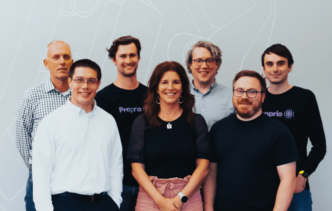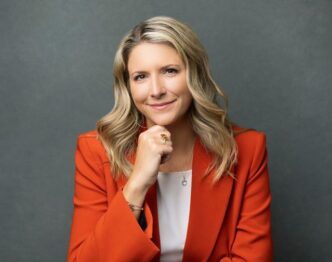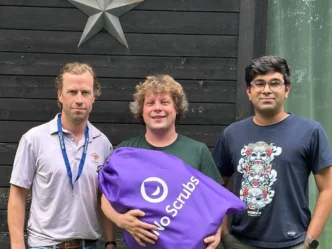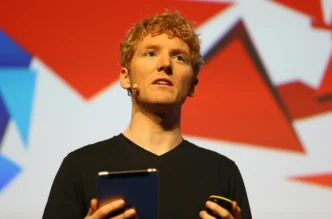When it comes to early-stage investing, the startup’s business model, market size, and product might grab attention. But more often than not, it’s the founder who makes or breaks the deal.
That was the central theme in a panel discussion hosted at Founder Day last week, organized by Graham & Walker, a Seattle-based investment firm dedicated to empowering early-stage entrepreneurs. Three seasoned venture capitalists shared what founder traits they see as red flags — and which ones signal true potential.
Moderated by Grin Lord, founder and CEO of Seattle-based startup mpathic. The panel included Sabrina Wu of Madrona, Jason Stoffer of Maveron, and Aviel Ginzburg, general partner at Founders’ Co-op.
Early-Stage Founders Must Be Adaptable, Not Stubborn
One of the most important qualities investors look for is a growth mindset. Founders who resist feedback or fail to evolve in the face of new information can quickly raise doubts.
“You have to stand your ground when you believe in something,” said Sabrina Wu, “but if you’re not willing to take advice and listen, that’s a red flag for sure.”
Jason Stoffer agreed, noting that while some visionary founders are naturally strong-willed or difficult to work with, there’s a limit. “It’s a problem if a founder can’t adapt to facts or absorb good advice,” he said.
Customer Obsession Is Non-Negotiable
Wu also highlighted how a lack of customer focus can be a dealbreaker. “If a founder is too siloed in their thinking and not focused on solving real customer pain points. It’s hard to get behind that,” she said.
Investors want to see a founder who lives and breathes their customer’s experience. Who can show that their product isn’t just a technical solution — but something that truly connects with user needs.
Storytelling Matters — But Not in the Way You Think
Aviel Ginzburg, who previously ran Techstars Seattle, shared an interesting take: lackluster storytelling isn’t always a turnoff. As long as the founder has a unique vision buried in the message.
“If someone’s pitch is bad but they’ve clearly got a unique view of the market, we can work with that,” Ginzburg said. “But if your pitch is just boring and you don’t seem to have a real edge — that’s tough.”
He recalled working with Techstars founders and seeing a trend: those who came in either confused but passionate, or fully self-sufficient, were often the ones who succeeded. “The ones in the middle — they just didn’t make it.”
Stoffer added that the best founders can switch between big-picture vision and nuts-and-bolts operational thinking. “You need to paint a picture of what the future looks like,” he said, “but also show you can build it.”
For early-stage VCs, especially in a city like Seattle, the key signals they’re watching for have less to do with product-market fit and more to do with founder mindset, adaptability, and clarity of purpose.
So if you’re pitching investors, remember: it’s not just about how impressive your startup sounds — it’s about how well you think, listen, and evolve.













